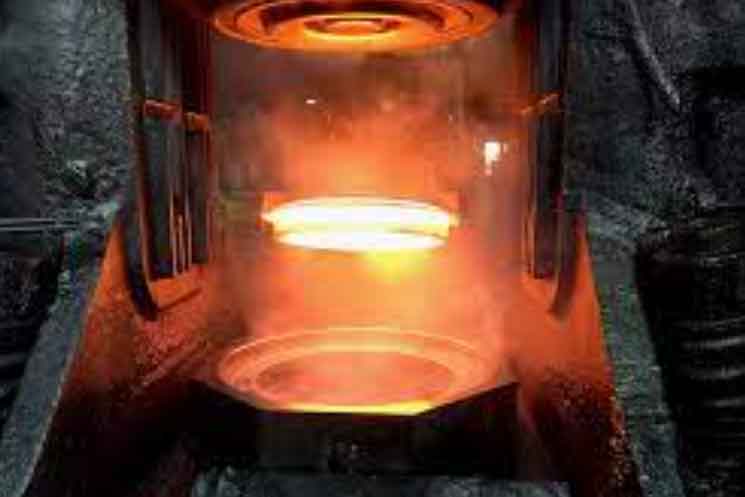
Gear forging plays a crucial role in meeting the rigorous standards and demanding requirements of the aerospace and automotive industries, where precision, reliability, and safety are paramount. Here’s how gear forging addresses the specific needs of these industries:
Aerospace Industry:
- Material Selection: The aerospace industry demands materials with exceptional strength-to-weight ratios and high fatigue resistance. Forged gears made from aerospace-grade alloys, such as titanium, nickel-based superalloys, and high-strength steels, provide the necessary mechanical properties for critical aerospace applications.
- Precision Engineering: Aerospace gears require precise dimensional accuracy and consistent quality to ensure smooth and reliable operation. The gear forging process allows for tight tolerances and accurate gear tooth profiles, meeting the stringent requirements of aerospace applications.
- Performance under Extreme Conditions: Gears used in aircraft engines, landing gear systems, and control mechanisms must operate flawlessly under extreme temperatures, high speeds, and dynamic loads. Forged gears’ superior strength and fatigue resistance make them suitable for these challenging conditions.
- Weight Reduction: Lightweighting is crucial in aerospace design to improve fuel efficiency and increase payload capacity. Forged gears’ high strength allows for gear designs with reduced weight, contributing to overall weight savings in aircraft.
- Compliance with Regulations: Aerospace components, including gears, must adhere to stringent industry regulations and certification standards, such as those set by the FAA (Federal Aviation Administration) or EASA (European Union Aviation Safety Agency). Gear forging enables manufacturers to produce gears that meet these regulatory requirements.
Automotive Industry:
- High Volume Production: The automotive industry requires high-volume production of gears to meet the demands of vehicle manufacturing. Gear forging, once the dies are prepared, allows for efficient and cost-effective mass production of high-quality gears.
- Durability and Reliability: Automotive gears experience continuous usage and must endure various loads and operating conditions. Forged gears’ strength and wear resistance provide the required durability and reliability for automotive applications.
- Precise Gear Geometry: Modern automotive transmissions demand precise gear tooth profiles for efficient power transfer and smooth gear shifting. The precision forging process allows for accurate gear geometry, resulting in smooth gear engagement.
- Cost Efficiency: Forged gears offer a cost-effective solution for automotive gear applications, as they require minimal material waste and require less post-forging machining compared to other methods.
- Safety and Performance: Automotive gears influence vehicle safety and performance. Forged gears provide the necessary strength and precision to ensure safe and efficient power transmission within the drivetrain.
Both the aerospace and automotive industries benefit from gear forging’s ability to produce high-quality, reliable, and efficient gears that meet their specific needs. The combination of precision engineering, material selection, and adherence to industry standards makes gear forging an essential process in providing gears that meet the rigorous demands of these critical industries.
